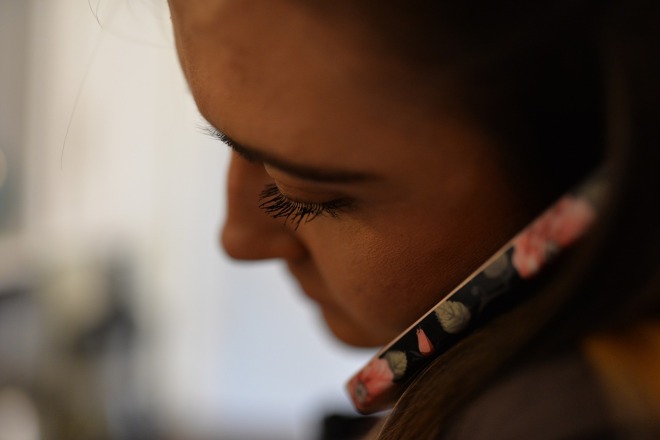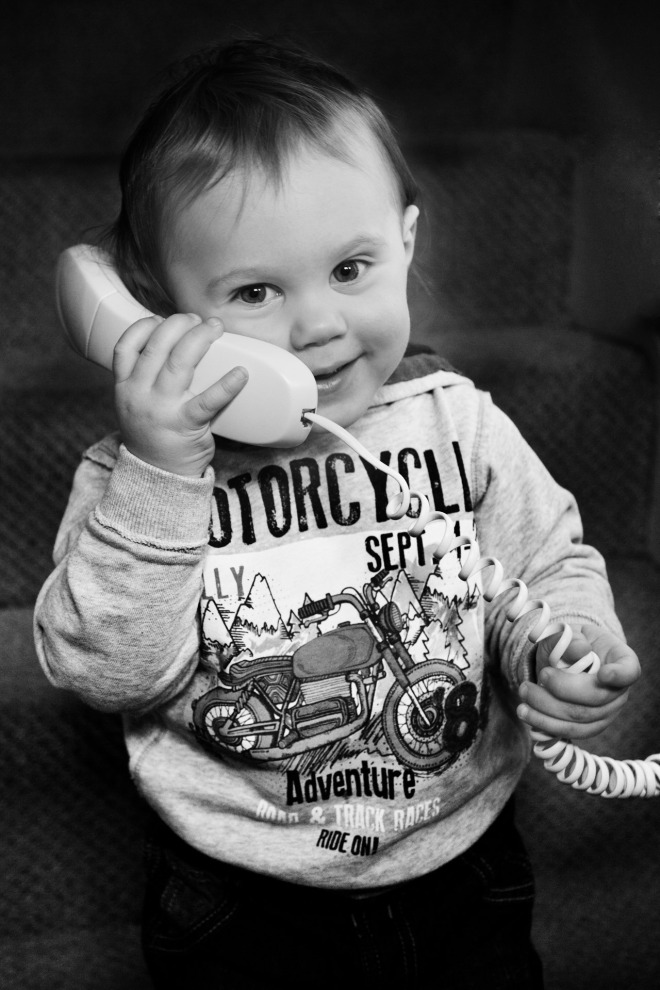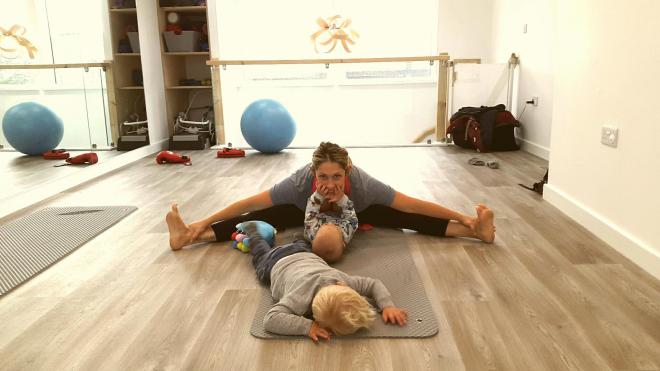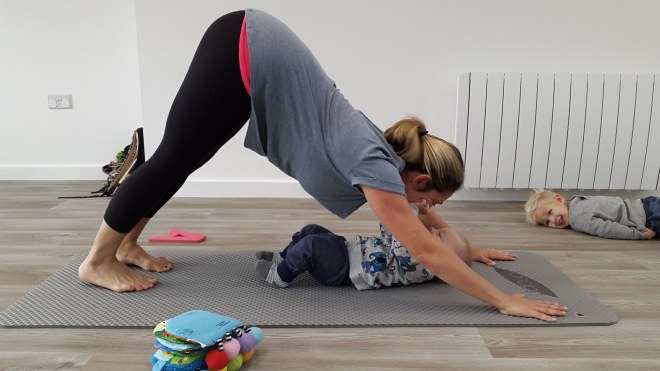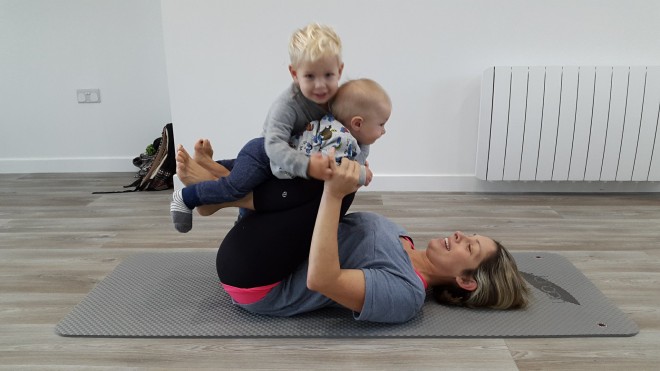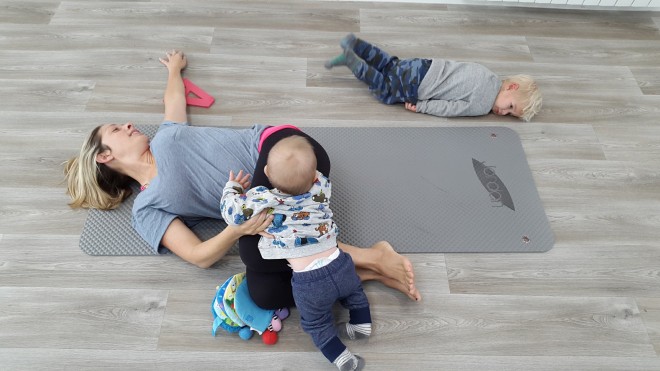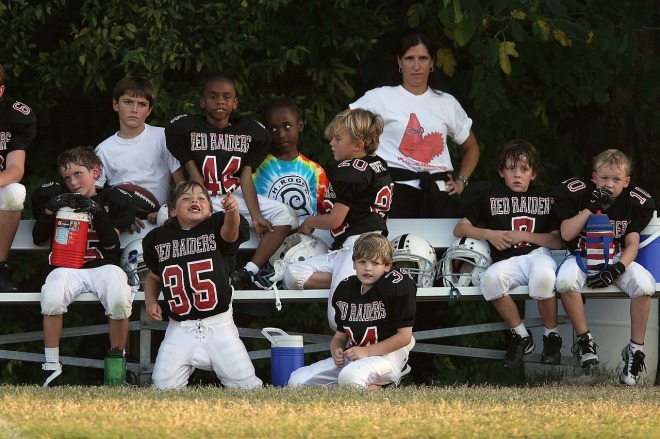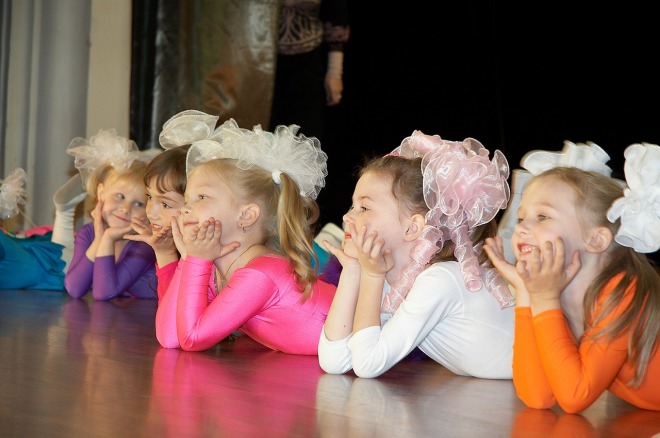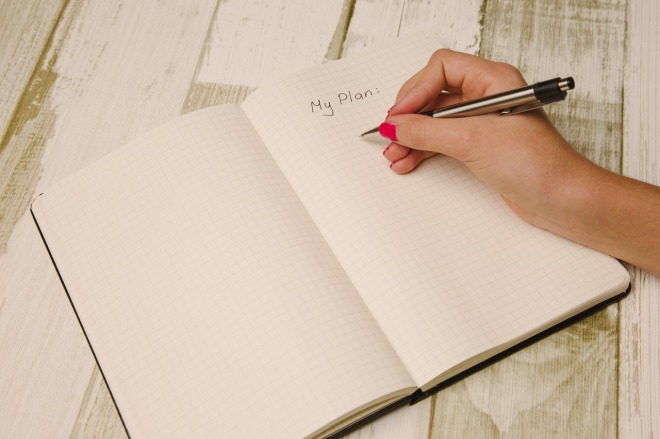
Every parent has high hopes and dreams for their children. It is only natural. We hope that they will be intelligent and do amazing things with their lives. Possibly be the next Richard Branson, Mark Zuckerberg or Bill Gates.
Then, as life often does, you get hit with a curveball. You find out that your child has a learning disorder and you suffer from a pang of disappointment and lost hope. But why?
Being diagnosed with a learning disorder does not mean that your child’s future is destined to be a failure. In fact, all of the persons I mentioned above, and many other well-known entertainers, entrepreneurs, artists and other professionals have been reported to have various learning disorders.
What made them success stories is that they never let their disorders limit them from achieving their dreams. All children possess some talent or special ability that is waiting to be discovered and it is our duty as parents to help our children uncover these abilities, learning disorder or not.
So what can we do as parents to help our children?
I recently interviewed Stasia Cabral-Costelloe, founder and principal of The Clover Center of Learning in Trinidad and Tobago, an alternative schooling option for students with varying exceptionalities. Here she provides us with a better understanding of the learning disorders that some of our children may live with along with some great tips on what we parents could do to help our kids achieve their full potential.
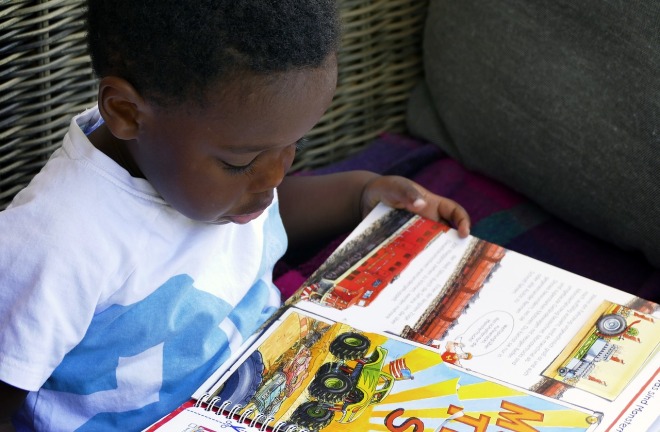
TMJ: What inspired you to start your own school for children with varying abilities and learning disorders?
SCC: After studying and working in the field of Exceptional Student Education (or Special Education as it is more commonly known) in Miami, Florida I returned to Trinidad in December 2003 hoping to continue working in this field.
I looked for positions in a number of schools, however, all of the schools that I visited were not hiring teachers at the time. When I enquired about their Special Services department, they either did not have one or it was more of remedial services that were offered.
As I was unable to obtain employment in my preferred field I worked in Advertising/Marketing for a few years. However, during this period, I was approached by many different people who wanted me to work with their children.
So, in 2009, I decided to take the leap and leave where I was employed to pursue working with kids with varying exceptionalities.
Working with children has always been a great passion of mine, especially children with special needs. Once the decision was taken to embark on working individually with students who needed the special assistance, I started getting calls for one on one schooling.
In September 2009, I began working with two boys with different special needs which didn’t allow them to cope within our local school system or any other school with larger classrooms. After a year of working with these two boys, I began getting calls from other parents seeking this type of schooling.
It was from there that the school/learning center evolved.
TMJ: What are some of the main learning disorders that children live with? Most people know or have heard of dyslexia, ADD/ADHD and autism are there any others that we should be aware of?
SCC: In today’s world, we see many different disorders, yet the common ones that we know about are Dyslexia, ADD/ADHD and Autism. Many kids, however, experience a variety of disorders such as Low Processing Disorders, Behavioral/Emotional Disorders, Cerebral Palsy, Anxiety, and Language Delay Disorders to name a few.
TMJ: How exactly does each of the disorders affect our children?
SCC: Children can be affected in many different ways by these disorders. From the way that they interact with others, their understanding of situations, their ability to function generally in day to day life and their ability to express themselves verbally as well as in writing. Depending on the disorder, every child is different as at times they may have more than one disorder which can affect them.

TMJ: What are some warning signs that parents should look out for to determine if their children should be tested for a learning disorder?
SCC: Depending on the disorder it is difficult to tell if your child may have one. If major milestones aren’t being met from birth or there is a delay in their speech or even the way in which he or she interacts with you as the parent or others on a whole, are some signs to look out for.
Some of these disorders are not noticed until they begin school. However, by the age of 6 years, a child would be able to have an assessment done in which the results would be fairly accurate.
TMJ: Should these tests be done before a certain age to ensure that the child benefits fully from whatever programme is put in place for him or her?
SCC: It is advised that children be evaluated from the age of 6 years. At this age, assessments done on the child would produce fairly accurate results and would allow for the best course of action in terms of the selection of schools or other programmes that would benefit the child.
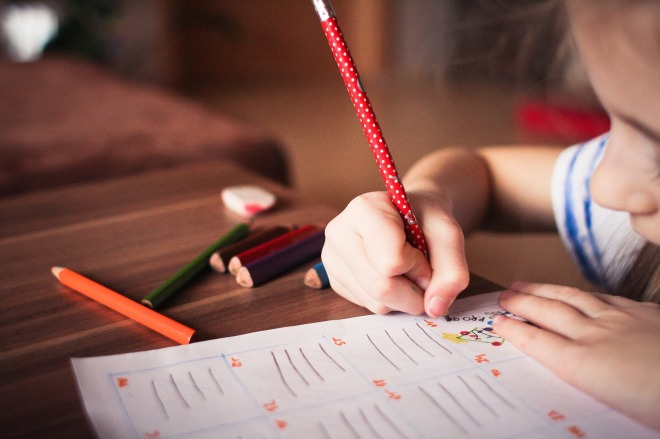
TMJ: What are some of the techniques that you use at your school to help children with learning disorders reach their full potential?
SCC: We use a variety of strategies to assist our students to reach their full potential. These strategies include a tailored curriculum in which focus is placed on the subject areas in which the student is strongest.
Instead of pushing the students to learn subject matter that they struggle with, we adapt to suit the strengths of each child, thereby building their confidence and allowing them to find their personal niches.
We also use specialized remedial strategies and allow provisions for children who may require specialized services such as an oral testing rather than a written test.
TMJ: When selecting a school or a programme for children with learning disorders what are some important questions parents should ask or certain things to look for to ensure that their children are getting the best care?
SCC: Some questions that parents can ask when choosing a school or programme are “What are the class sizes or teacher to student ratio?” Depending on your child’s needs, either one on one teaching or even one teacher to, at most, 4 to 5 students, may work for your child.
Another aspect to look at is “What curricula is used?” I would recommend finding a curriculum that can help your child want to learn, rather than demand that what is learned is timed so as to complete a test within a specific time frame. We should always remember that these kids already have challenges learning and added pressure does not always bring the best out in them.
Other questions that should be asked are “Are remedial services offered and if so what?” and “What behavioral strategies are used?”
One of the best behavioral strategies that have worked at our learning facility is when parents work together with the teachers to ensure that consequences of the child’s actions, both positive and negative, are enforced at home. This allows the child to see that the school and home work as a team for their betterment.
Some other behavioral strategies that can be used are reward charts (this can be used in conjunction with home as stated above), in which the child earns a number of points throughout the day, both at home and at school, and at the end of the week, they can earn a reward.
Another strategy is the traffic light behavioral system. This allows the student to visually see where his or her behavior is escalating and can lead to a consequence. The child then has to try to bring himself to green before reaching red. The teacher or parent could also simply try to “catch” the behavior before it escalates by giving the student gentle reminders about what is happening or sit with the child until he or she becomes calm. It is vital that a teacher knows both the strengths and weaknesses of their students for this to work.

TMJ: What is your advice to parents about what they could do at home to help their children reach their full potential?
SCC: Some advice that I can give to parents is:
- To read every day with your child even if it is for 20 minutes. When reading, speak to them about the story, ask them questions about the story.
- Constantly speak to your child about their surroundings. This is how kids build their vocabulary, especially before they begin school. This is also how they learn about life and how to behave in the world.
- Don’t be afraid to say NO to your child. Even when you do, try to explain why. This is how they begin to understand reasoning.
- Don’t be afraid to appropriately correct your child when they do something wrong. This is how they learn right from wrong. Also, speak to them once their consequence is complete so they can understand the reason for the consequence. Children do not automatically know the reasons for consequences so communication is important.
- Don’t be afraid to allow your children to be bored. This gives them time to think and be creative to come up with a game or something to play with.
- Limit the use of devices or screen time. Encourage your child to play outside or with their toys. This is how imaginations are built and fostered, which can help with school.
About Stasia and the Clover Center of Learning:
Stasia Cabral-Costelloe is the founder and Principal of the Clover Center of Learning, a learning institution for students with Varying Exceptionalities, promoting the development and growth of children who will benefit from either remedial services or tailored school curricula. Offering both a full school program for children with Varying Exceptionalities and after-school services for students needing to target certain areas, the Center employs trained and qualified specialists, who lead small classes that allow for ample individual attention and the flexibility for students to learn at their own pace.
With over 15 years of experience in education and special needs, Stasia runs the learning center where she not only manages the daily operations but also supervises the classes to observe teachers’ interactions with students, and provides feedback and guidance when needed. She also personally works with students on a one-on-one basis and oversees admissions and enrollment for the school.
Stasia holds a bachelor’s degree in Exceptional Student Education from Barry University in Miami, Florida.
To learn more about the school, you can visit their Facebook page at The Clover Center of Learning.
If you enjoyed this post let me know in the comments section below and remember to like and follow The Mummyhood Journals on Facebook and Instagram.
